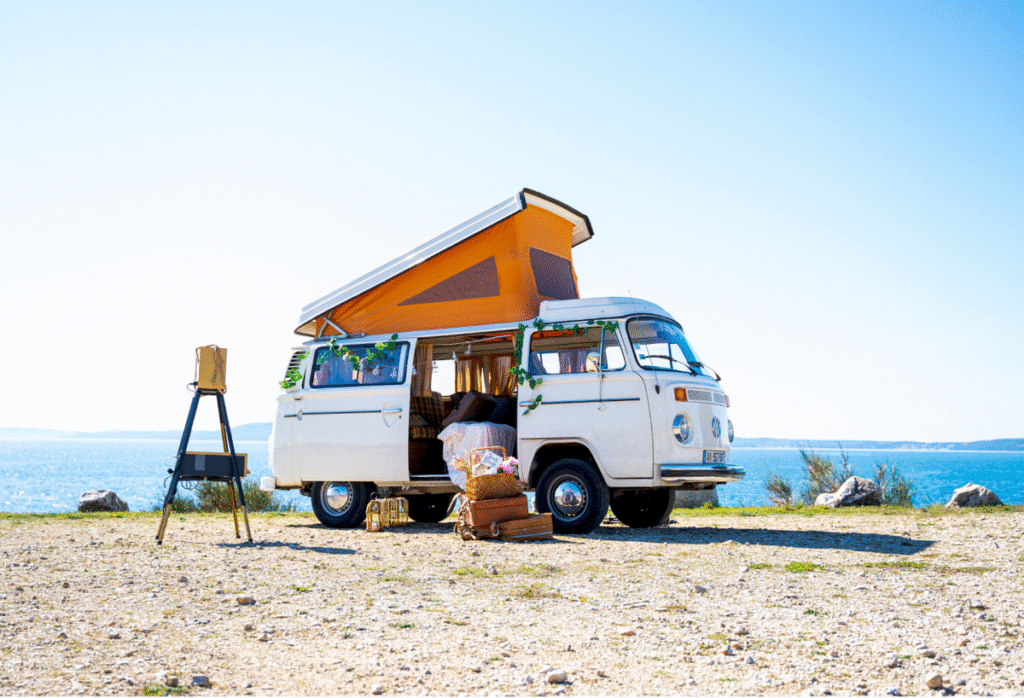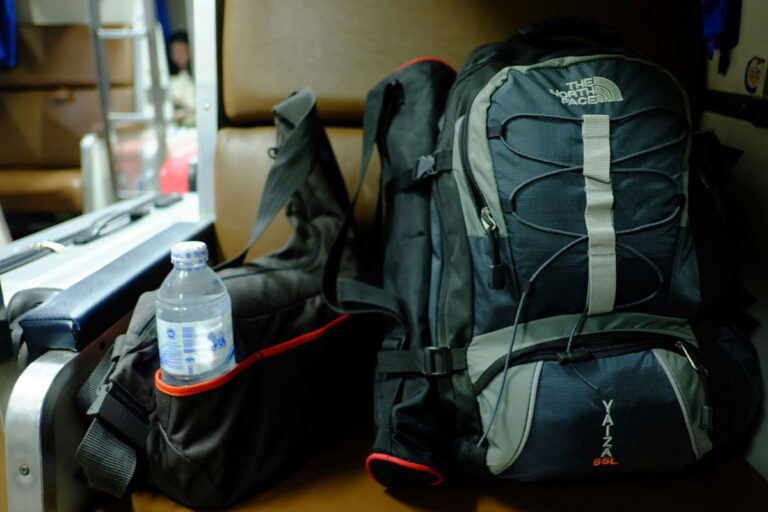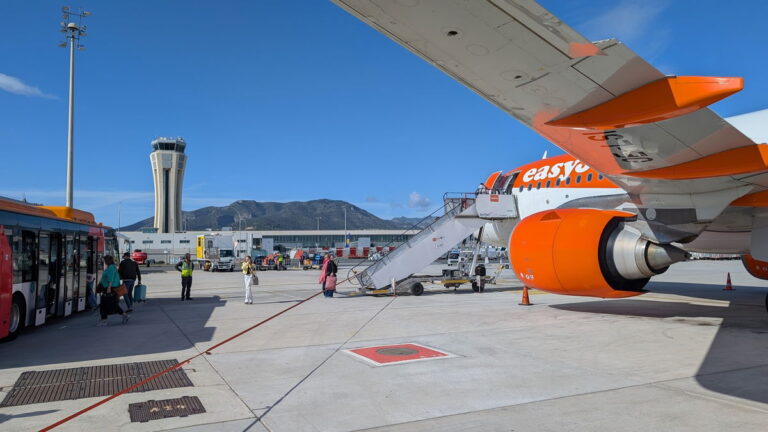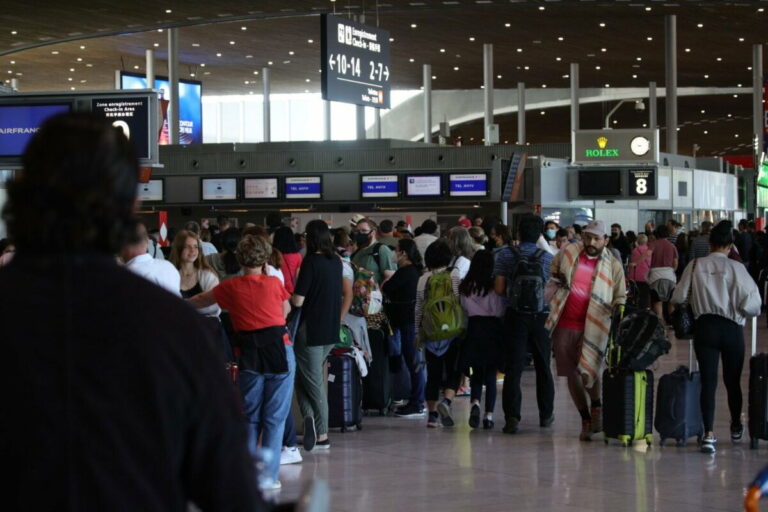
The small coastal town of Tarifa, renowned for its natural beauty and world-class beaches, is facing mounting tension between its permanent residents and a growing influx of camper van tourists. Once a summer-only phenomenon, the presence of caravans has now become a year-round burden in several neighbourhoods, especially El Zafer, where locals say the situation is spiralling out of control.
“Sometimes I think I’d be better off if thieves came instead at least that would be over quickly,” said one exasperated resident. “These people are unbelievable.” He explained how rows of camper vans park just meters from private homes, obstructing views, creating noise, and posing potential security risks. “They’re right up against our windows. It’s a risk because anyone could climb up and break into the house.” The quote may sound extreme, but it reflects a sentiment growing across the town. Residents report that camper van tourists often treat public spaces as private campgrounds, setting up tables and chairs, hanging laundry, and disposing of waste improperly despite clear local ordinances that prohibit such behaviour outside of designated areas.
While Spanish law allows camper vans to park like any other vehicle, it prohibits activities associated with camping such as overnight stays in unauthorised places, extending awnings, or discharging wastewater. In practice, however, enforcement is limited, and in Tarifa, largely absent. Locals argue that the lack of police presence or municipal oversight has turned some streets into semi-permanent encampments. “It’s like living in a campsite,” the El Zafer resident continued. “And no one is coming to clean up.”
A Strain on Infrastructure and Environment
With many travellers avoiding formal campsites some of which cost as little as €10–€15 per night the town is grappling with an unsustainable level of footfall. The consequences range from blocked roads and overflowing bins to more serious concerns like environmental degradation. Locals describe natural areas being used as toilets and improper grey-water dumping near ecologically sensitive zones. “You’re driving a luxury camper but can’t spend a few euros to use proper facilities?” one business owner asked. “That’s not tourism that’s freeloading.”
Residents are increasingly vocal about the strain placed on local infrastructure and resources, including waste collection, water supplies, and emergency services. In some cases, the presence of unsanctioned campers has also led to conflicts over land access and the degradation of hiking paths and dunes.
Community Calls for Regulation
As complaints multiply, so do calls for local government intervention. Proposals from the community include the creation of well-equipped, affordable camper specific zones on the outskirts of town, increased enforcement of camping restrictions, and fines for repeat offenders. Many are also demanding better signage and public education campaigns targeting tourists, particularly foreign visitors unaware of local laws. “This isn’t about being against tourists,” another resident clarified. “It’s about mutual respect. Come and enjoy Tarifa but don’t turn it into your personal back garden.”
In the absence of firm municipal action, some residents have taken matters into their own hands. Handwritten signs reading “No Camping Here” and “Please Respect Our Homes” have begun to appear on fences and lampposts. Others say they are considering forming neighbourhood associations to lobby for stricter controls ahead of next year’s peak season.
A Crossroads for Tarifa
Tarifa’s dilemma reflects a broader challenge facing many coastal and rural towns in Spain. With over 500,000 camper vans now registered nationwide, the rise of mobile tourism fuelled by social media and post-pandemic travel trends — shows no signs of slowing. For Tarifa, the question now is whether it can find a sustainable balance between welcoming visitors and protecting the quality of life for its residents.
“We’ve opened our doors for years,” said one long-time homeowner. “But now we’re asking for boundaries. Otherwise, what makes this place special for us and for visitors could disappear altogether.”







